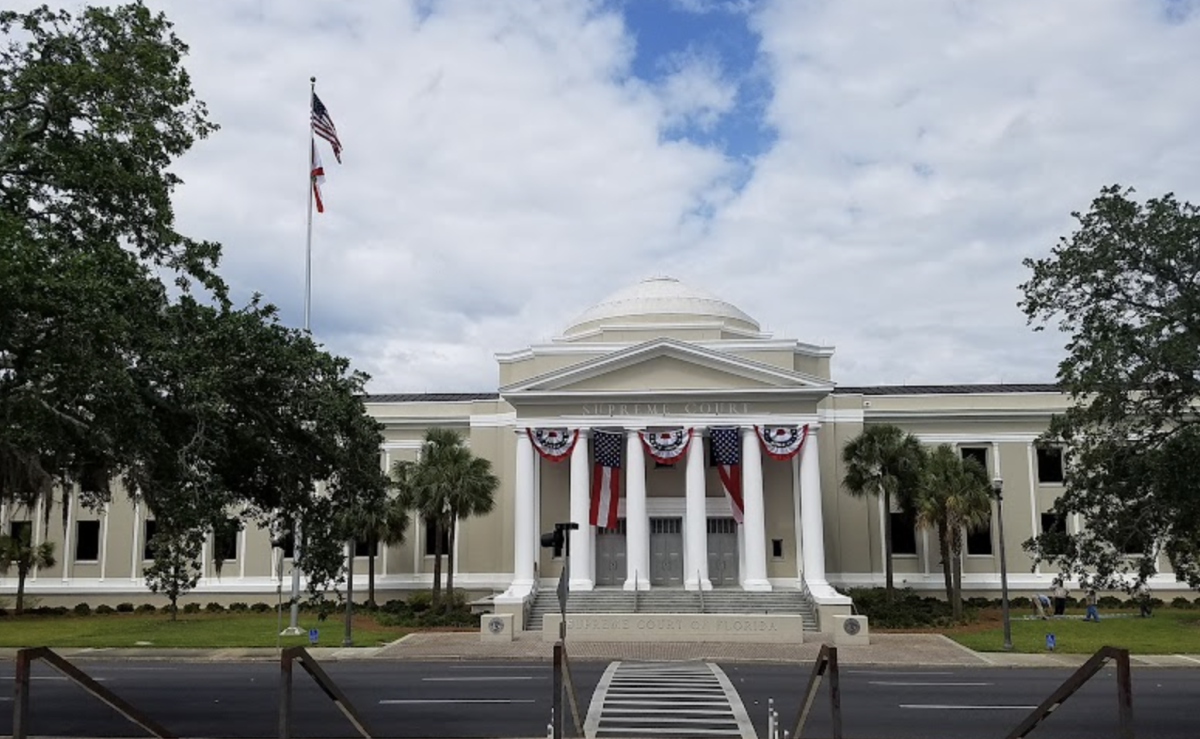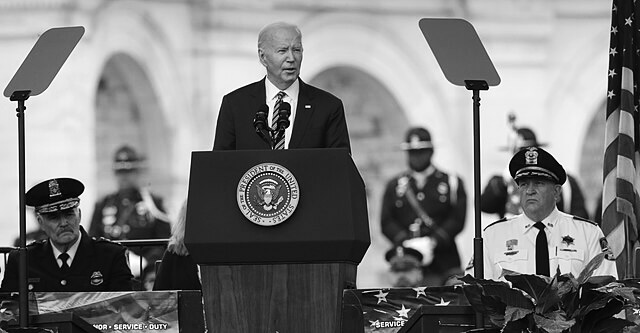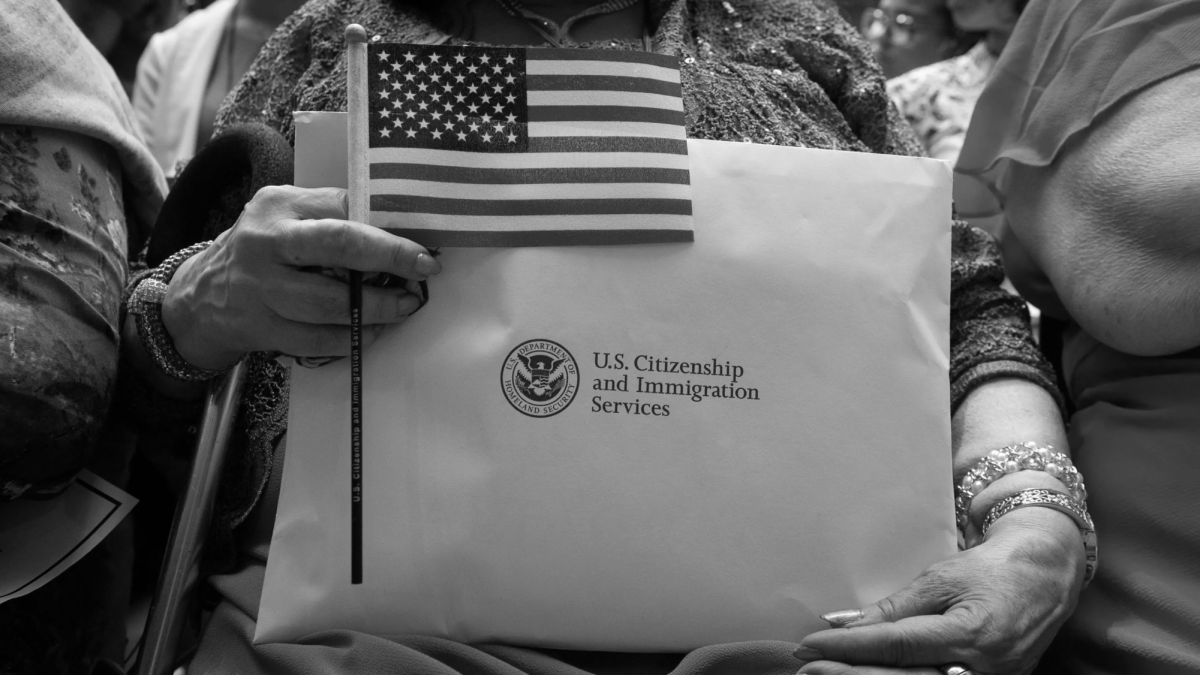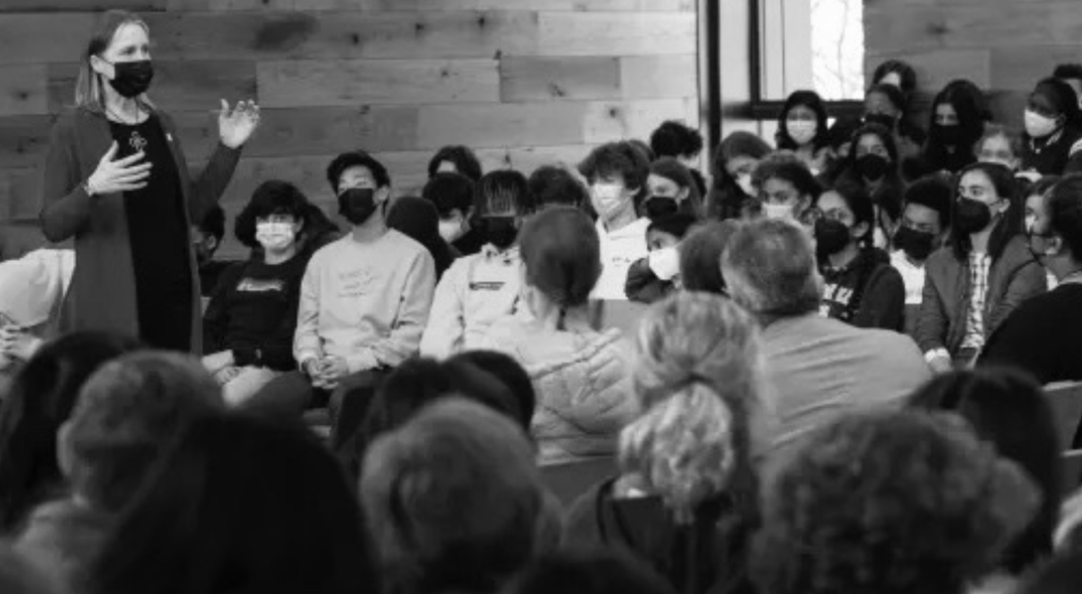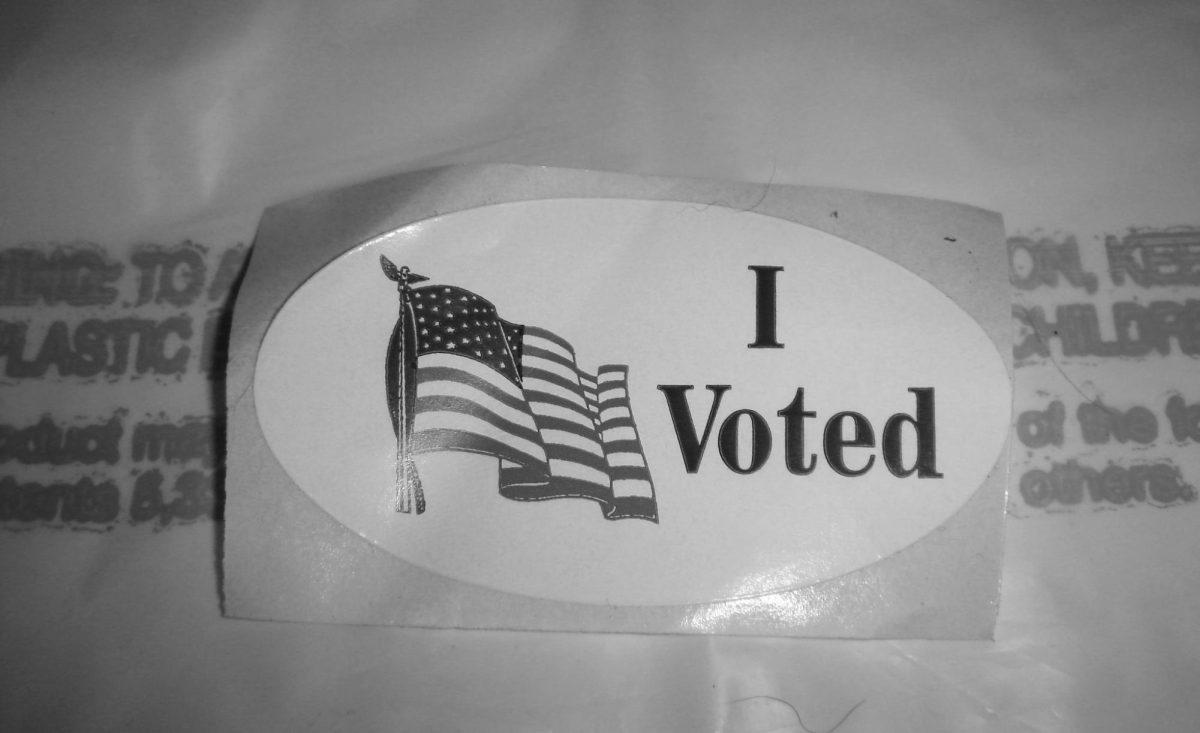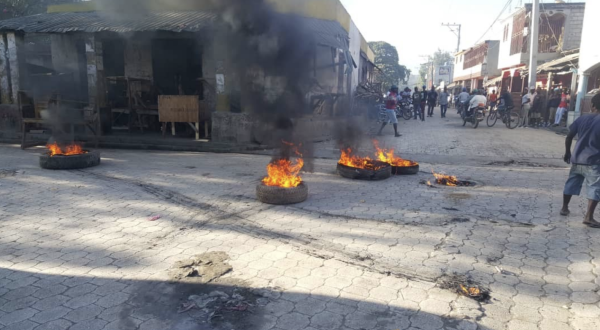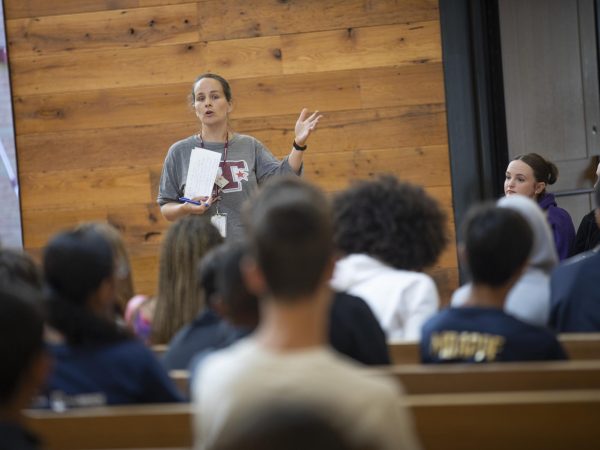Senior Op-Ed: Policy Change Is Needed To Create More Work Opportunities for Immigrants
Today, our country is grappling with a number of urgent crises. Gasoline price fluctuations, supply chain disruptions and a severe labor shortage are impacting Americans of every socio-economic background each day. Flight delays plague Americans’ summer travel plans. A solution to this may be right in front of our eyes — a wealth of people who are willing to go through the worst abuses to enter our country and make a life for themselves. Far from stealing jobs, immigrants at the U.S.-Mexico border may be part of the solution to today’s turbulent economy, not the cause.
This past summer, I traveled to McAllen, Texas to spend two weeks with a community not often covered in the news today. For the second time since a 2018 school trip, I visited Catholic Charities’ Humanitarian Respite Center to see how relief efforts at the border had changed and to learn what the center’s clients needed most. Four years later, the two-room respite center I remember has moved into a spacious facility with a pharmacy, dining room, kitchen and multipurpose room used for children’s activities, religious services and sleeping.
Sister Norma Pimentel, a religious sister of the Missionaries of Jesus, serves as Executive Director and a licensed professional counselor for Catholic Charities of the Rio Grande Valley in South Texas. Pimentel oversees different ministries and programs targeting emergency assistance, housing assistance, counseling, pregnancy care and humanitarian aid for migrants. While speaking with me, Pimentel illuminated the realities behind numerous misconceptions about the immigrants she has served since 2014.
In addition to providing enough aid to restore some of the dignity the center’s clients have lost during the dehumanizing journey to the U.S. border, the respite center also ensures that they have the tools to complete the next leg of their journey on their own. The center organizes clients’ court paperwork, arranges their transportation plans and provides over-the-counter medications, toiletries and three meals a day.
Generally, the center emphasizes providing short-term relief.
“While some cases might be exceptions because often clients’ families are struggling to supply the funds to pay for their tickets, our hopes are that within 24 hours, they are able to get the assistance they need, and they move on,” Pimentel said.
Within this short relief period, immigrants rest in a secure place where they can physically and mentally prepare for the next part of their journey.
Though demand for the respite center is currently low, the Humanitarian Respite Center is generally able to accommodate many immigrants.
“We don’t want to say that we don’t have space because our goal is to welcome and provide a safe environment and, at the same time, have it available for anyone who needs it,” Pimentel said.
The center began exclusively accepting families when it became clear that bringing in single men without children put mothers and their children in a position of risk. By redirecting single men to another facility across the street, the Humanitarian Respite Center ensures that immigrants feel comfortable and safe.
One evening during my time in Texas, my mother and I decided to drive to the border between Hidalgo, Texas and Reynosa, Mexico, curious about how COVID-19 was being handled by immigration officials. There, I learned that after officials decide whether an immigrant should be deported through expedited removal or put in a detention center, immigrants are bussed into border towns like McAllen to be tested for COVID-19.
“If they test positive, they are required to remain in detention until they test negative, but if they test negative right from the start, they are sent to centers like our own,” Pimentel said.
In a time when COVID-19 tests are no longer in short supply and other borders remain open, Title 42, which allows officials to deny immigrants asylum to prevent the introduction of disease to the U.S., has served to needlessly keep immigrants out without protecting the health of the public.
When I asked Pimentel what policy changes she believed would make immigration a smoother process at the border, she spoke adamantly about the need to permanently implement a policy that had been put into effect in preparation for the lifting of Title 42, but was then removed. This policy created a streamlined, organized process for people to be processed, interviewed and vetted at legal points of entry.
“It needs to be something in place so that no matter what administration is governing, that an actual law is in place that allows people to enter our country safely and correctly and to be processed to see if they may remain in the U.S. or not,” Pimentel said.
The opportunities available to immigrants after entering the United States also need improvement. A more accessible work visa that allows immigrants to work immediately after entering the country would not only benefit them, but would also benefit our economy, especially in current conditions.
Immigrants “want to take care of their families, they’re here because they obviously cannot live in their countries because it is not safe and there’s a lot of violence, but they also want to work,” Pimentel said. “There are so many companies in places in the U.S. that are urgently needing people to work. I think we should be able to create those pathways for people to get to those locations to work.”
Your donation will support the student journalists of Sidwell Friends School. Your contribution will allow us to purchase equipment and cover our annual website hosting costs.






